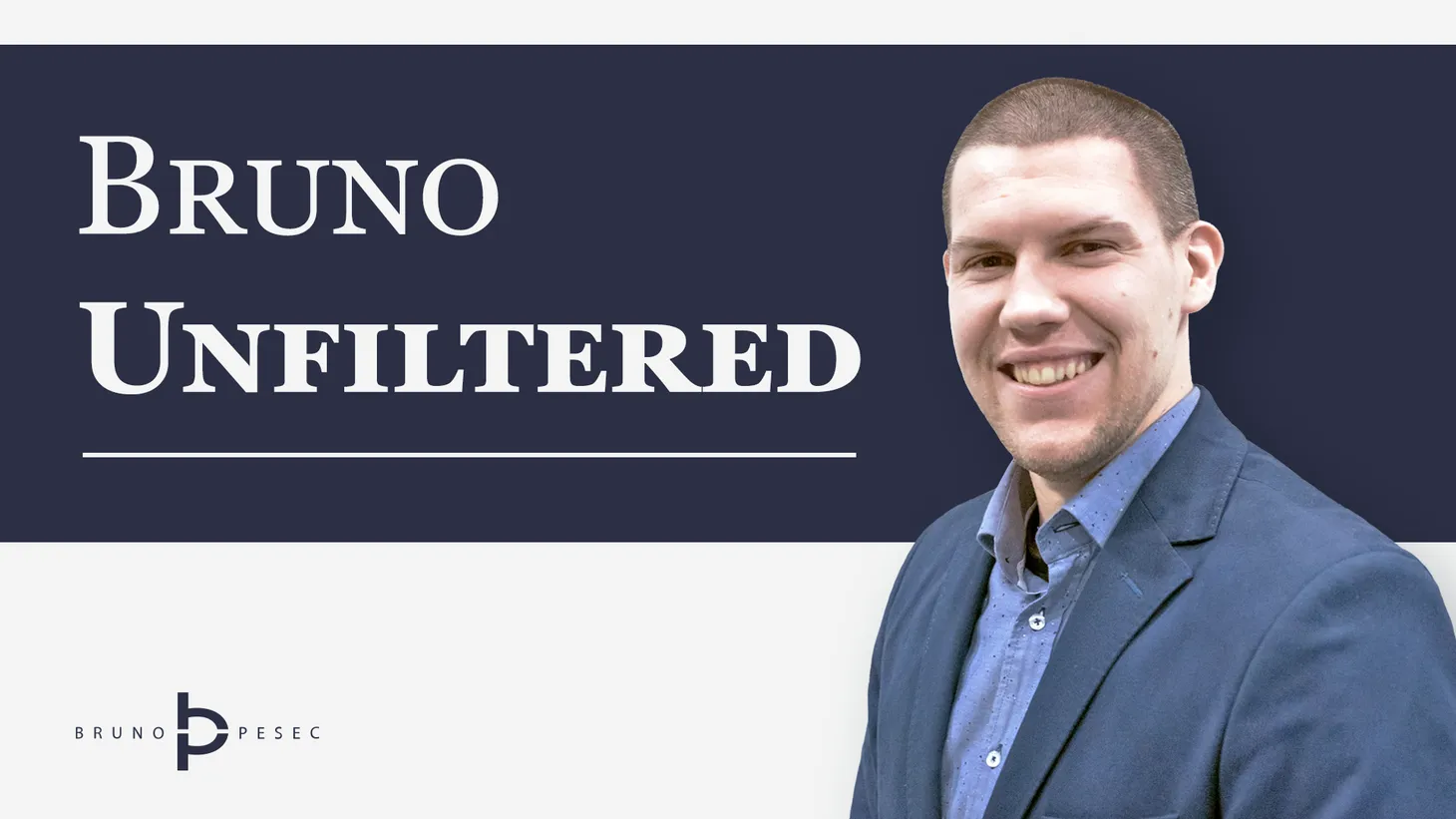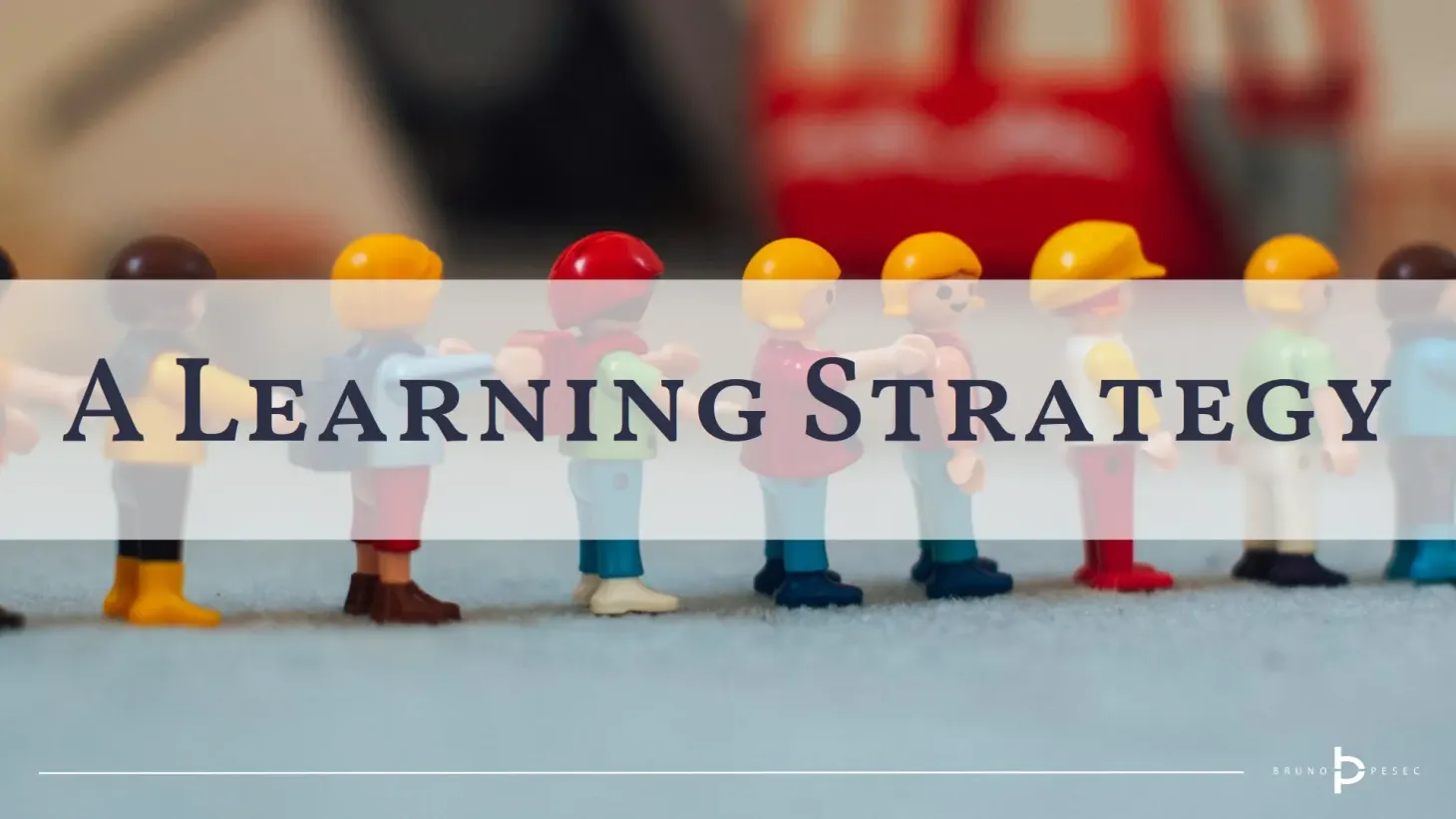Pragmatic learning
Critical thinking combined with learning loops is a simple but powerful framework for erudition.
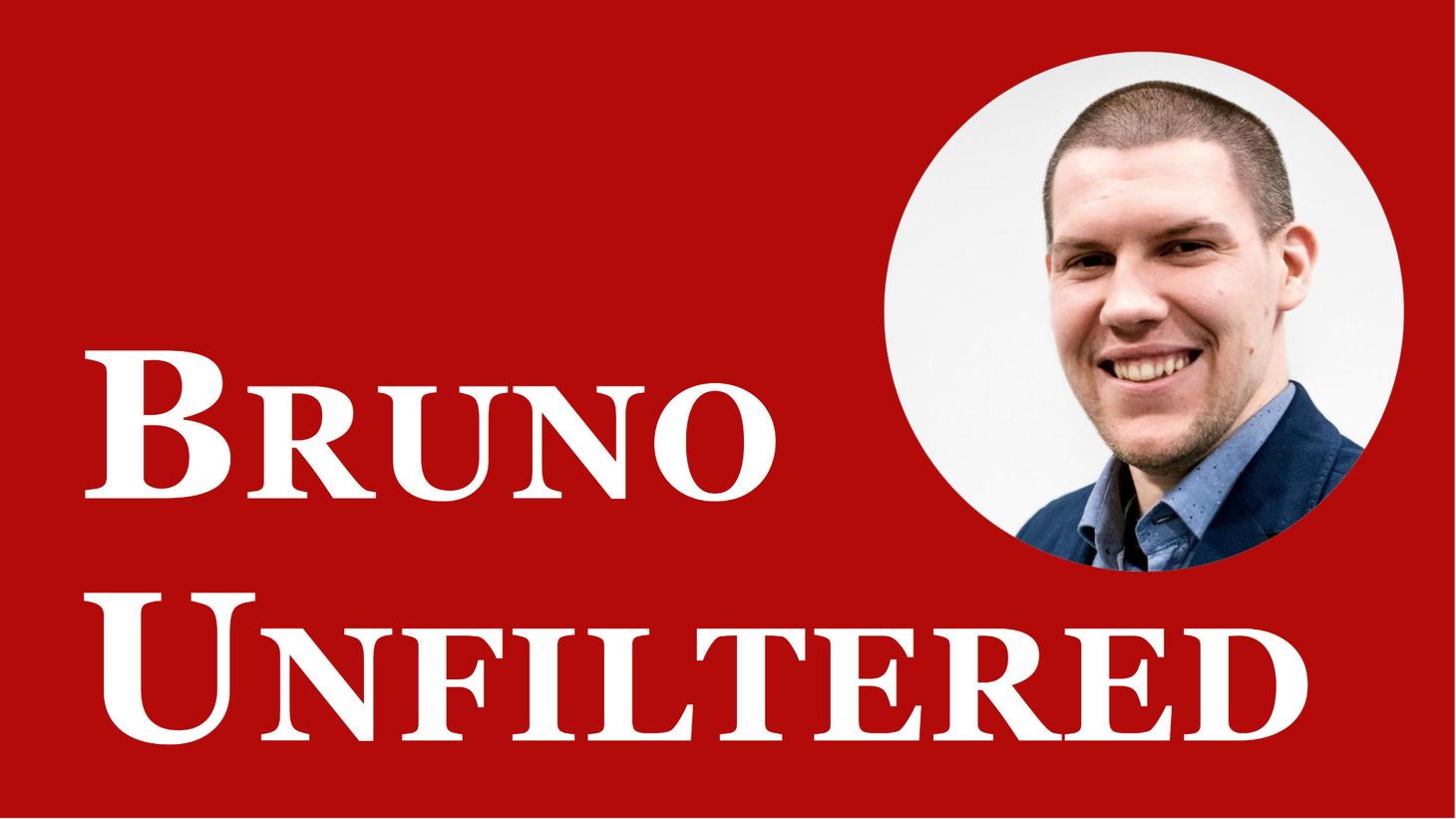
Given how deeply I went into the field of corporate innovation, you might find it surprising that I am not a big acolyte of the Church of Innovation. Rather, I take a pragmatic approach and recognise that innovation, in fact, is not always the best answer or the best way forward.
It is not difficult to be pragmatic if you put outcome first, and methodology second. Yes, there are better and worse ways of achieving desired outcomes, but ultimately, most people will only remember the result and not how you played.
The issue then, is confusing being pragmatic with being ignorant. Yes, methodology might not be the most important, but why make it unnecessarily difficult by having to relearn something that is already available? You are just wasting money and time.
For example, when it comes to innovation management, portfolio approach coupled with metered funding is producing good results. An organisation can stack the odds in their favour by placing a number of smaller bets, instead of placing a single large bet.
Portfolio framework allows management to have a convenient overview of the innovation initiatives and their respective investments. Metered funding is about adjusting how much resources are we willing to invest to match the maturity stage of the project, and provides mechanism to ensure accountability and prevent significant financial loss.
I am not making a case for carbon copying best practices and cookie cutter approaches, but rather pragmatic approach to existing knowledge. You should know your context, and then think how to apply and use existing knowledge to your benefit.
Critical thought combined with learning loops is a simple but powerful framework. Here is my basic learning loop:
- identify interesting theory,
- study it (books, articles, interviews, lectures, videos, etc.),
- try it in practice (ideally on a real issue),
- reflect on what you expected to happen and what happened (doesn’t matter if it was success or not, what matters is the gap between expected and achieved outcome), and
- adjust theory, repeat cycle.
Here is an example of it in action:
- Theory. Innovation portfolio can be a useful tool for overview of the innovation investments, their costs, risks, and potential returns. Taking venture capital portfolios as a starting point.
- Study. Innovation Ambition Matrix and Three Horizons are identified as interesting models. After sparring session with few colleagues we conclude that they are too subjective. Temporal axis is problematic. After few iterations we conflate two models and introduce a third, The Product Lifecycle. Assumption is that product maturity is better indicator than passage of time.
- Practice. We construct and populate two portfolios. We present it in some arenas, and we discuss it in others. A lot of different reactions, all recorded.
- Reflect. The model did visualize what we intended. Intended users reacted well. Others reacted bad, with main sentiment that the tool is unfair.
- Adjust. Potential adjustments: category definitions; communication and messaging to account for the fairness perception; investment sizing.
And the cycle repeats again and again...
Upcoming growth opportunities with Bruno:
In the coming weeks I'll be setting up a closed peer group where we will discuss issues related to innovation management. Emphasis will be sharing knowledge and peer learning between experienced practitioners. There will be limited slots available, write me at bruno@pesec.no to see if you are a good fit.
Three latest posts:
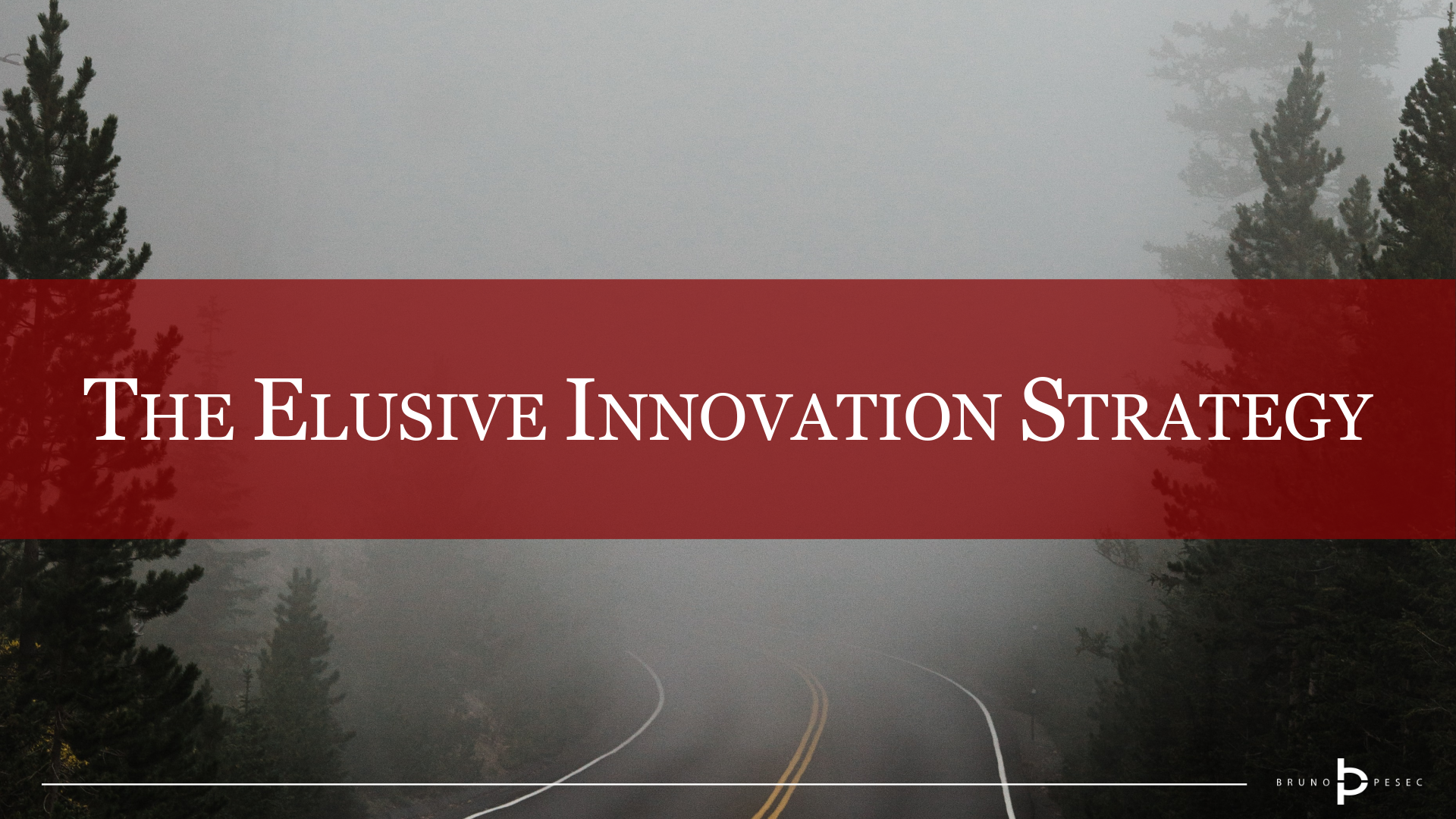
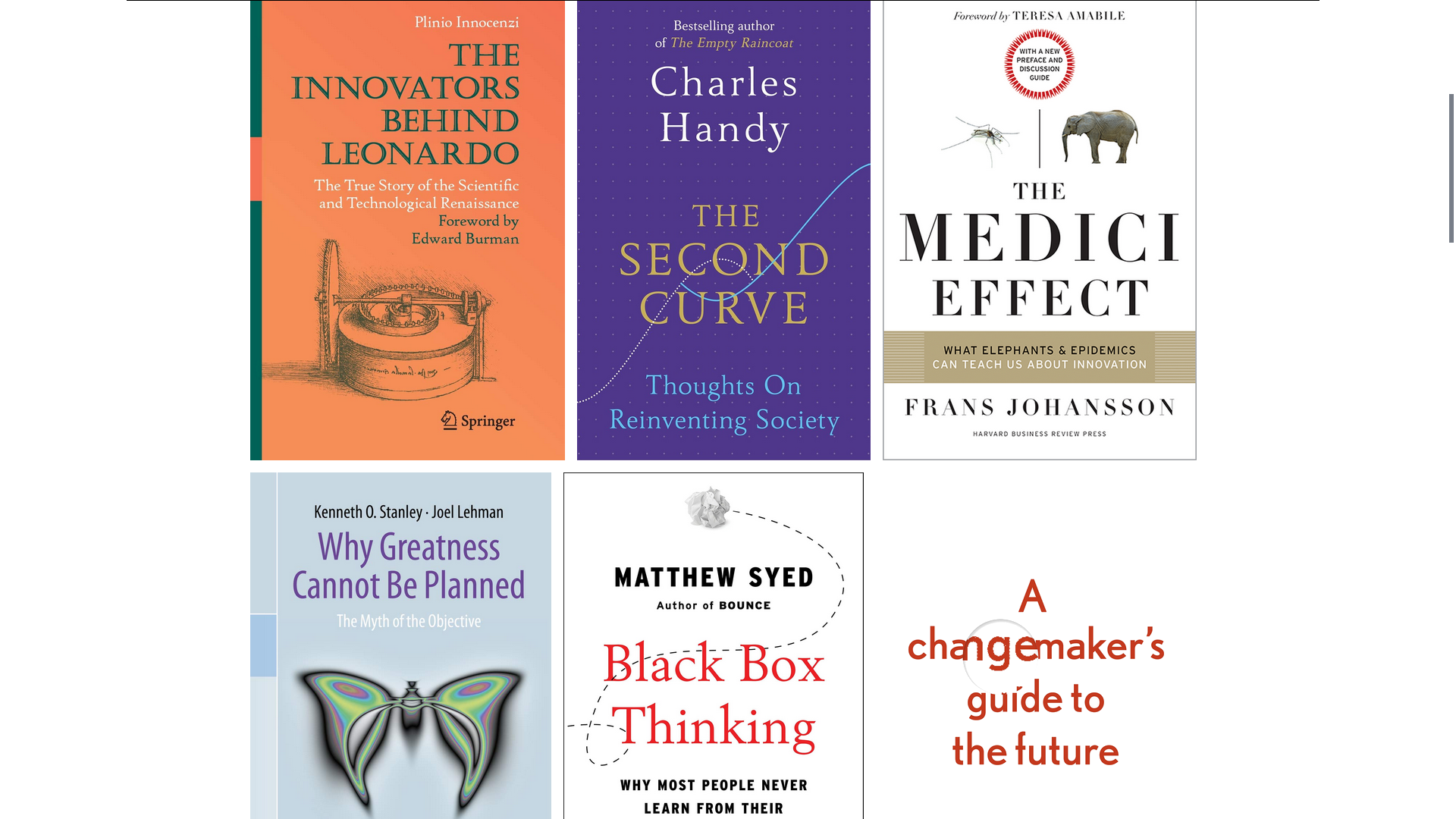
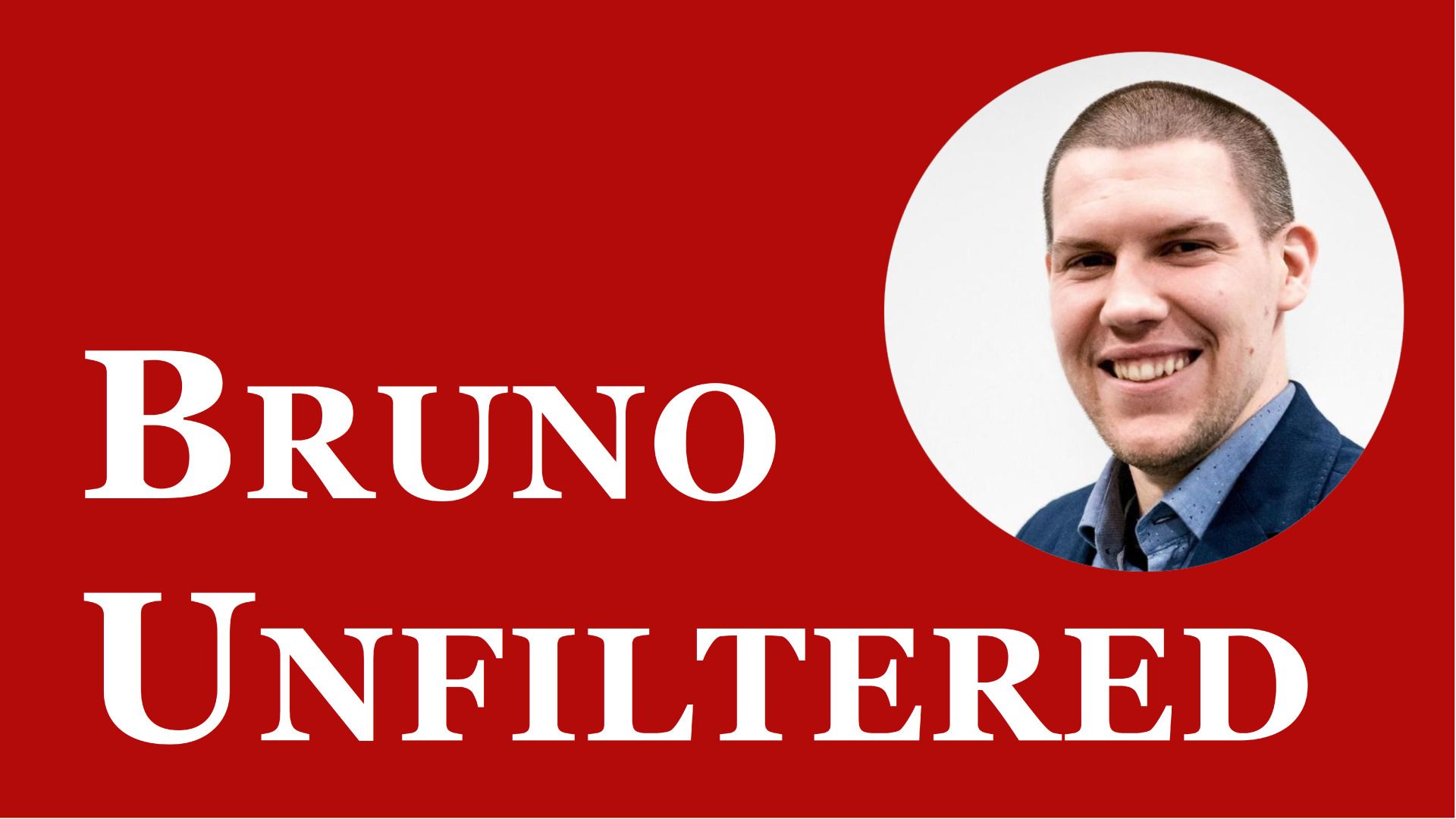
Bruno Unfiltered is a weekly newsletter bringing you Bruno's latest thoughts on contemporary topics in his signature style. No one and nothing is spared.
Bruno Unfiltered
Subscribe to get the latest posts delivered right to your inbox. No spam. Only Bruno.




